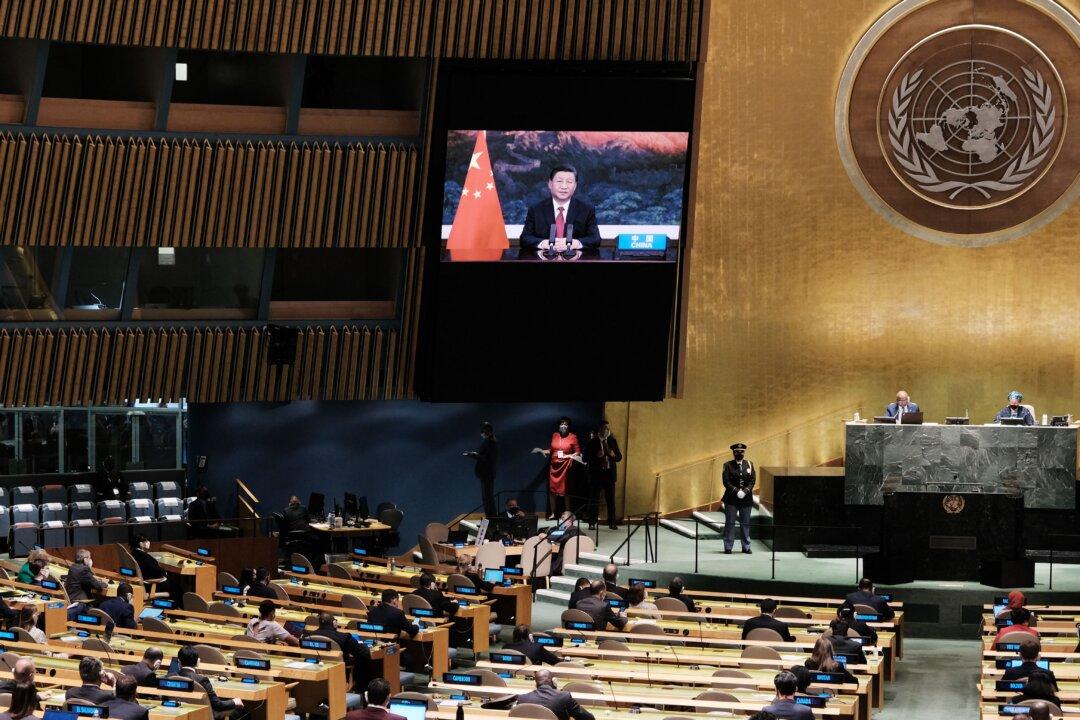Commentary
A British conservative advocates increased investigatory power for the United Nation’s WHO to defeat the next pandemic, but fails to account for Beijing’s growing influence over the U.N. itself.

A British conservative advocates increased investigatory power for the United Nation’s WHO to defeat the next pandemic, but fails to account for Beijing’s growing influence over the U.N. itself.